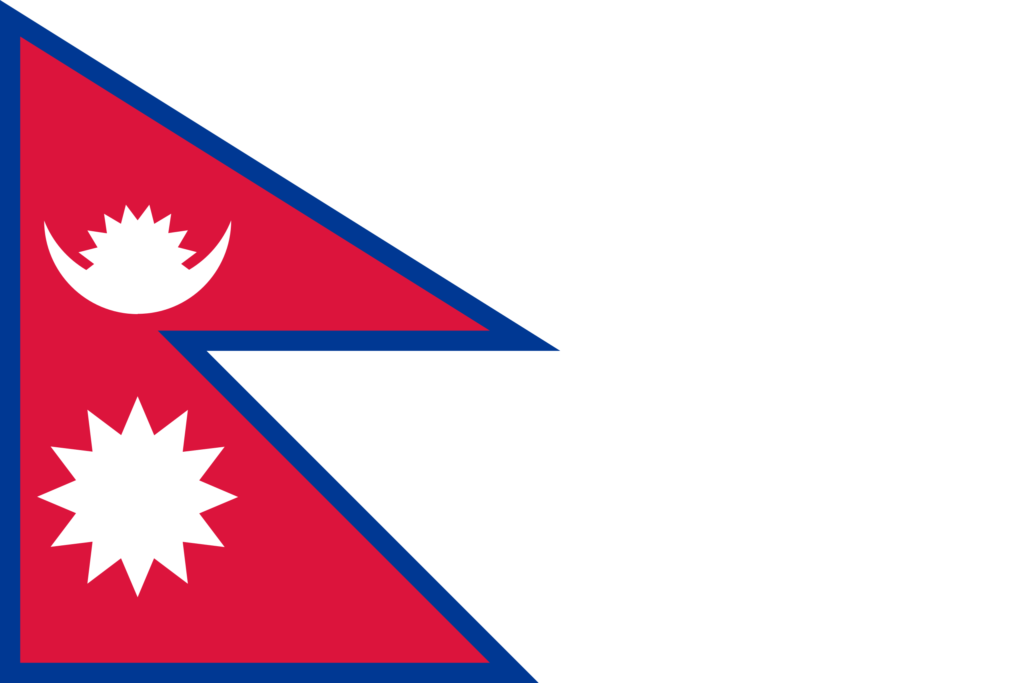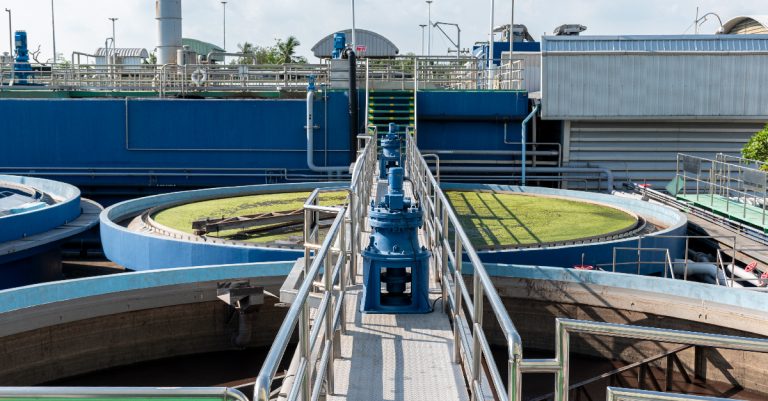Nepal is a country with abundant natural water resources, yet it faces increasing challenges related to water pollution. As industries expand to support the nation’s economic growth, the volume of untreated industrial wastewater discharged into rivers, lakes, and other water bodies is rising significantly. The purification of industrial wastewater has become a critical issue for maintaining ecological balance, protecting public health, and ensuring sustainable development.
This blog explores why the purification of industrial wastewater is essential in Nepal and how effective water purification industrial systems can make a difference.
The Growing Industrialization Challenge in Nepal
Nepal’s industrial sector, including textiles, paper mills, food processing units, and chemical manufacturing plants, contributes significantly to the nation’s economy. However, these industries often generate large amounts of wastewater containing toxic chemicals, heavy metals, and organic pollutants. When untreated, this wastewater enters local water bodies, severely affecting the environment and communities.
Why Purification of Industrial Waste Water Is Essential?
- Protecting Water Resources: Nepal is home to numerous rivers and lakes that serve as vital sources of water for drinking, irrigation, and hydropower. Without the purification of industrial wastewater, pollutants can contaminate these water resources, making them unsafe for consumption and agricultural use.
- Preventing Health Hazards: Polluted water poses significant health risks, including waterborne diseases, skin infections, and chronic illnesses caused by exposure to toxic substances. Proper water purification industrial processes reduce these risks, ensuring public health is safeguarded.
- Preserving Aquatic Ecosystems: Industrial wastewater often contains hazardous substances that can harm aquatic life. Heavy metals, for instance, can bioaccumulate in fish, affecting biodiversity and disrupting ecosystems. Treating industrial wastewater prevents such ecological damage.
- Sustainable Industrial Growth: Industries in Nepal must align with global sustainability goals to remain competitive. Adopting water purification industrial systems not only helps industries comply with environmental regulations but also improves their reputation as eco-friendly organizations.
- Reusing Water Resources: The purification of industrial wastewater allows industries to reuse treated water in their operations. This practice reduces the demand for freshwater, which is especially important in water-scarce areas and during the dry season.
Key Technologies for Purification of Industrial Waste Water
Effective purification of industrial wastewater requires the integration of advanced treatment technologies. Here are some commonly used methods:
- Physical Treatment
- Sedimentation and filtration techniques remove suspended solids and debris from industrial wastewater.
- Screens and grit chambers are often used as the first step in the purification process.
- Chemical Treatment
- Coagulation, flocculation, and precipitation techniques help remove heavy metals, phosphates, and other dissolved pollutants.
- Neutralization adjusts pH levels, making the water suitable for further treatment.
- Biological Treatment
- Aerobic and anaerobic processes break down organic matter in wastewater using microorganisms.
- Activated sludge systems and bioreactors are common in water purification industrial setups.
- Advanced Treatment Methods
- Membrane filtration, such as reverse osmosis, is used to remove dissolved salts and fine particles.
- Advanced oxidation processes (AOPs) target complex organic compounds that are difficult to break down.
- Zero Liquid Discharge (ZLD)
- ZLD systems aim to recover all water from industrial effluents, leaving no liquid waste. This approach is gaining popularity for its environmental benefits.
Ion Exchange: Reducing Waste with INDION Resins
Ion Exchange offers a comprehensive range of ion exchange resins that have become the preferred choice across diverse industries. The pharmaceutical-grade resin facility is USFDA compliant and WHO-GMP certified, ensuring the highest standards for health and safety. The INDION series of ion exchange resins include a variety of Gaussian and uniform particle-size beads available in both dry and moist forms. These resins, with customizable surface area, porosity, and matrix, cater to a wide range of applications in industries such as pharmaceuticals, food and beverage, nuclear, chemical, biodiesel, hydrometallurgy, and sugar processing, offering optimal solutions for water and non-water treatment needs.
-
RANGE OF INDION RESINS: WATER-BASED RESINS
- Industrial Water Treatment
- Potable Water Treatment
-
RANGE OF INDION RESINS: NON-WATER-BASED RESINS
- Catalyst Grade Resins
- Adsorbent Grade Resins
- Chemical & Special Process Resins
- Pharma Grade Resins
- Nuclear Grade Resins
- Hydrometallurgy Resins
- Food & Beverage Grade Resins
- Sugar Refining Resins
- Resins for Biodiesel
Conclusion
Given the country’s rapid industrial growth and increasing water scarcity, industrial wastewater treatment is a pressing issue in Nepal. The challenges of high contaminant loads, inadequate water treatment systems, regulatory compliance, and operational inefficiencies pose significant risks to the environment and industries.
Industries in Nepal can overcome these challenges by adopting advanced treatment systems, improving the use of industrial water treatment chemicals, and investing in capacity building and innovative technologies.
Contact Ion Exchange experts today to learn more about our wastewater treatment processes.


